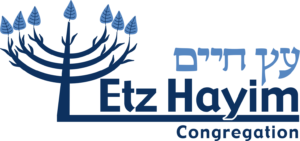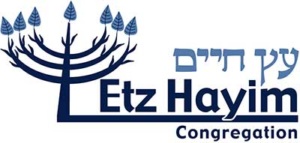Instructions for counting the omer are found on our Omer Overview Page. You can find the specific blessing for today at chabad.org.
We’re dedicating a new Sefer Torah on the first day of Shavuot. In honor of this joyous occasion, we’re using the counting of the Omer to take a whirlwind trip through the Torah
Today’s portion is Shemot from the book of Exodus. Today’s insight was generously provided by Sharon Beth B.
Verses of note: Exodus 2:5-2:10
What caught your attention in this parashah?
Although the term “Righteous Among the Nations” is often associated with non-Jews who rescued Jews during the Shoah, the midwives to the Hebrews, Shiphra and Puah, and Pharaoh’s daughter, Batya, are among the earliest examples.
What’s one explanation for these verses?
Despite being the daughter of a tyrant, Bitya (or Batya) chose to do what was right. Her compassion for the baby in the river was not tempered by the sudden awareness that it must be a son of a Hebrew, or that Miriam’s ruse of suddenly appearing and knowing a wet nurse was not a particularly difficult one to see through. Despite being reminded by her handmaid that whether the citizens of Egypt obeyed the Pharoah, which implies that they, too, knew of the civil disobedience of the midwives, the Pharaoh’s family must follow his orders, Bitya protected the child, rather than ordering him killed. There were many opportunities for her to have changed her mind, yet she did not waiver. Rabbi Jonathan Sacks points out to understand the full import of the Pharaoh’s daughter being the one to do this, one should substitute “Hitler’s daughter,” or “Stalin’s daughter.”
Credit also needs to be given to the compassion of the Pharaoh’s daughters servants. Although they were with her at the time of her finding Moses, and there is often much to be made from sharing palace intrigue, it does not appear that they reported the interactions of Bitya with Miriam or Moses.
Whether it is midwives, handmaidens to the Royal Court, or the Pharaoh’s daughter, herself, small acts of compassion and kindness allow for greater ones, which could result in the freedom of a people.
Where to Learn More
Sacks, Rabbi Jonathan. “The Light at the Heart of Darkness.” Covenant and Conversation: Exodus: The Book of Redemption. pp. 25-28. Maggid Publishing, 2010.


